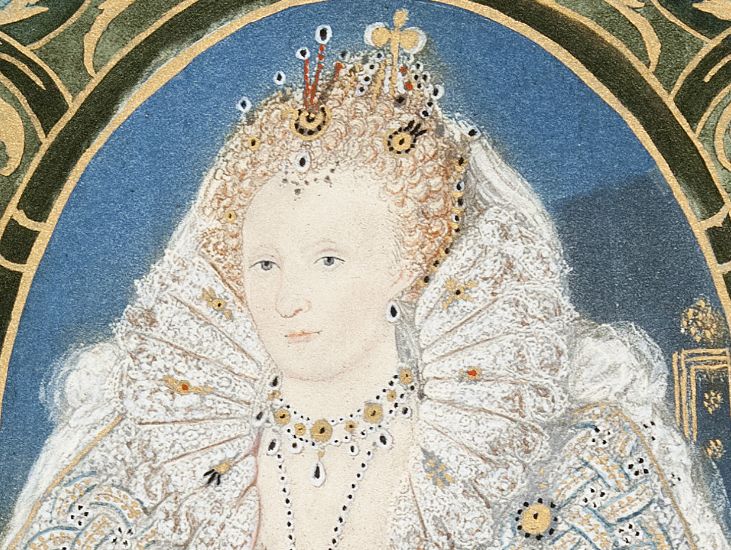Bishops of London
The Bishop of London is one of the most senior members of the Church of England, responsible for the Diocese of London, an area north of the River Thames that includes many royal palaces, Westminster and the City of London.
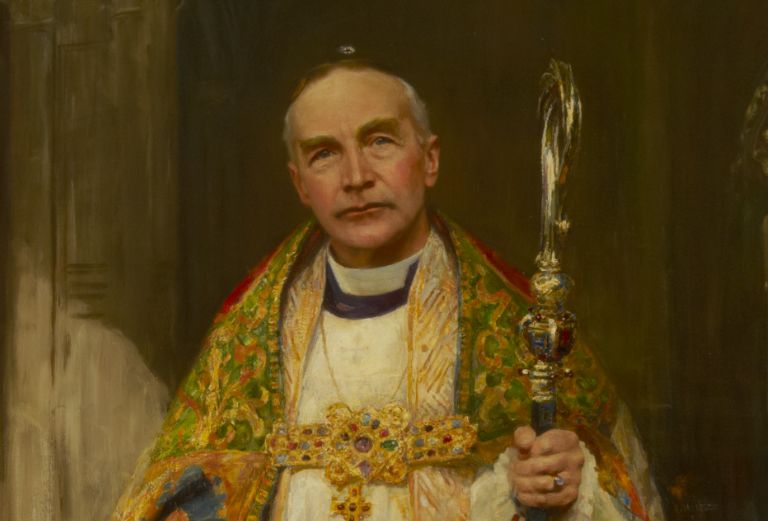
Once one of the most powerful positions in the country, the Bishops of London have played a major role in shaping British history. They have been involved in many important national and international events — from signing the Magna Carta to performing coronations and overseeing the church’s activities in the British colonies.
The development of Fulham Palace into what you see today reflects the Bishop of London’s historic role as patron, pastor and politician.
Patron
As the home of 120 Bishops of London over 1,300 years, Fulham Palace embodies their power, wealth and passions. The look of the Palace has changed dramatically over time as each Bishop made alterations to suit their own taste, commissioning leading architects and landscape designers to remodel the house and create spectacular gardens.
These changing fashions have resulted in the unique mixture of styles you see today. They have also been the cause of some tremendous losses, such as the removal of over 1,000 exotic plants that formed Bishop Compton’s world-famous garden in the late 17th and early 18th centuries.
Pastor
The Bishops of London were responsible for pastoral care across the Diocese of London, the Church of England abroad and the Fulham Palace estate. The Palace served as an administrative centre for this work, as well as a home. The house and garden took on another important role during World War I, when it was turned into a hospital for wounded soldiers.
The Bishops’ lasting impact on the community can be seen today by visiting our neighbours, Bishop’s Park and the allotments. Both were created using land donated by the Bishops from the Fulham Palace estate.
Politician
The London Diocese includes royal palaces and the Palace of Westminster, giving the Bishops strong links with both monarchs and politicians. The Bishops have played central roles in many important events in British history, from the divorce of King Henry VIII from Catherine of Aragon — resulting in the creation of the Church of England — to the abolition of the slave trade.
Today the Bishop of London continues to play a role in state occasions such as royal weddings, serves as the Dean of the Chapels Royal and retains a seat in the House of Lords.
Meet the Bishops of London
Bishops before 1660


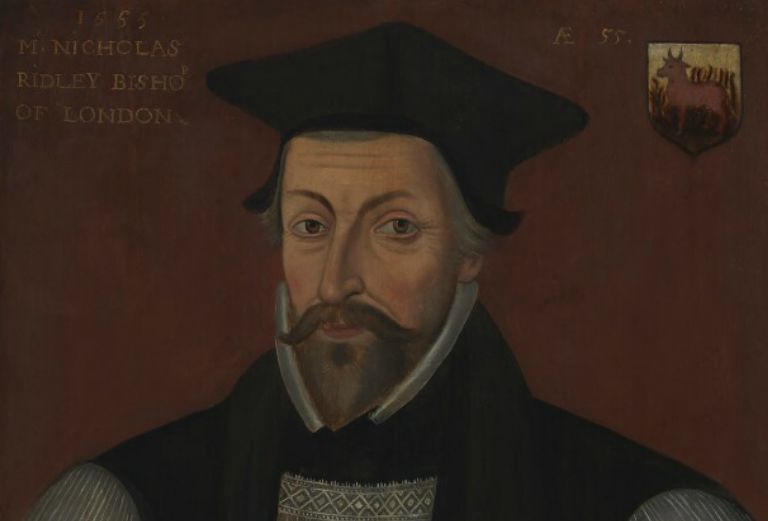
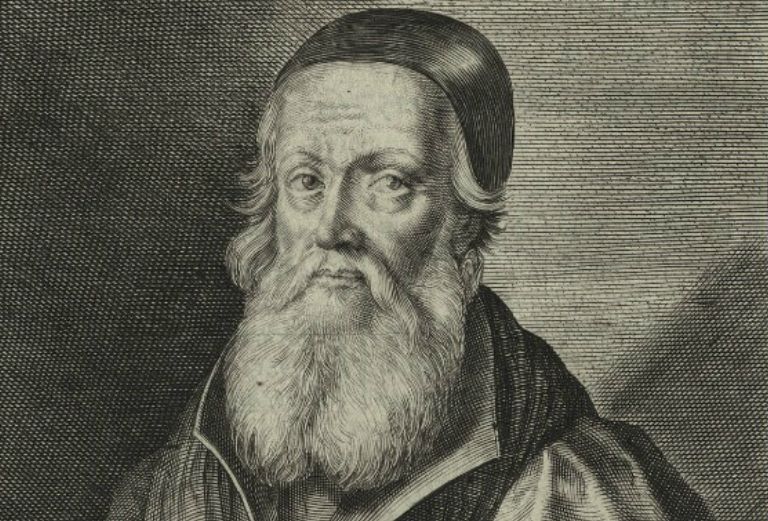

Bishops after 1660
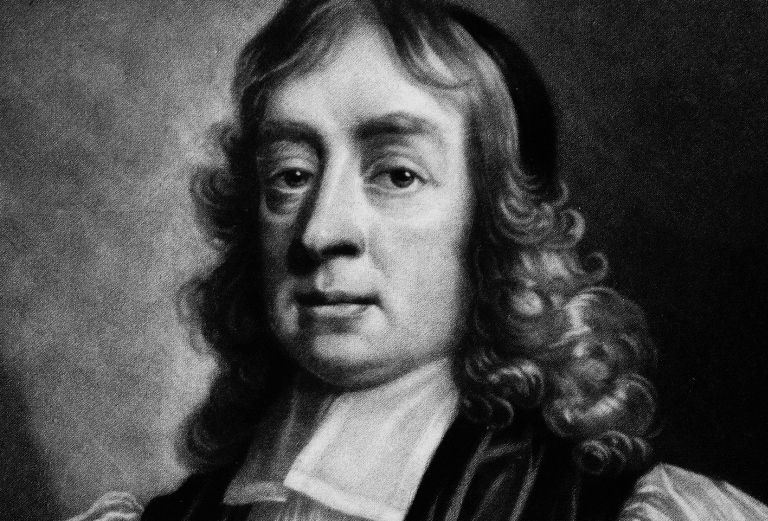





Images that are © National Portrait Gallery are licensed under CC BY-NC-ND 3.0.

